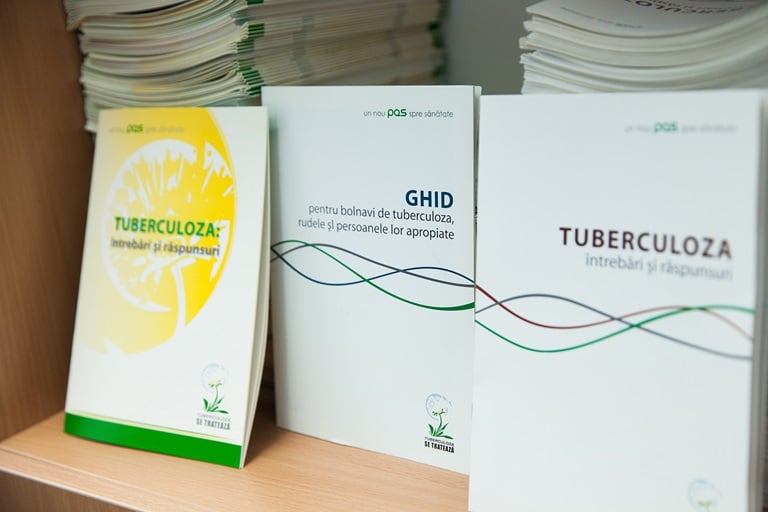Tackling noncommunicable diseases in the Republic of Moldova (2018)
.tmb-479v.png?sfvrsn=1cc49b51_1)
Publications
The Mental Health or Nurses and Doctors (MeND) survey, conducted by WHO Regional Office for Europe under a contribution agreement with the European Commission,...
Closing equity gaps in access to drinking-water is a prerequisite for health and dignity. Provision of equitable access contributes to livelihoods and...
The twentieth annual meeting of HEPA Europe, the European Network for the Promotion of Health-Enhancing Physical Activity, took place within the framework...
The fourth plenary meeting of the Technical Advisory Group (TAG) on risk communication, community engagement and infodemic management (RCCE–IM) in...
.tmb-479v.png?sfvrsn=1cc49b51_1)
WHO Regional publications - other Regions
